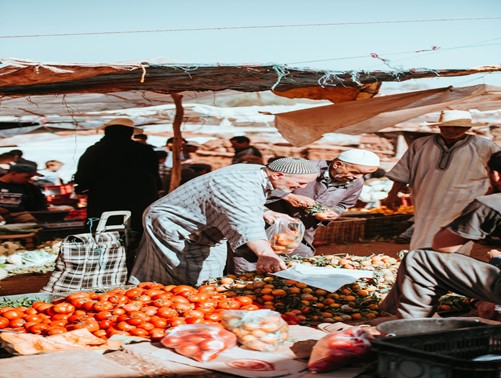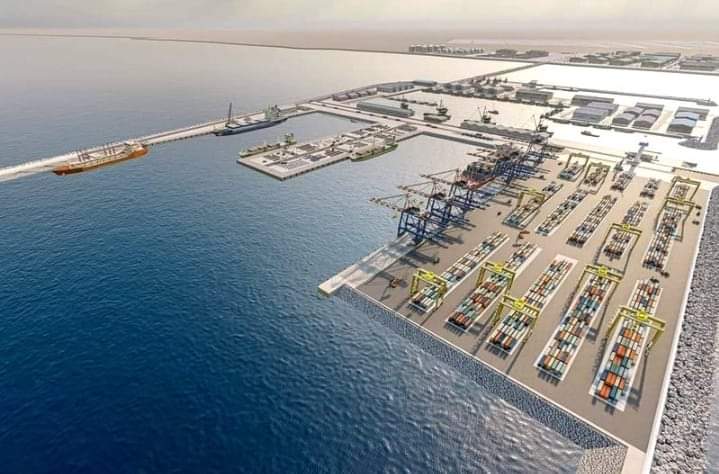Casablanca – In response to rising food prices and the need to ensure stable market supply, the Moroccan government has unveiled new measures as part of the 2025 Finance Bill (PLF). These initiatives aim to ease the burden on consumers and stabilize key food products, particularly olive oil and meat, through a series of tax exemptions.
The 2025 Finance Bill introduces a year-long exemption from import duties and value-added tax (VAT) on the import of several essential products. The move is designed to address the significant price hikes affecting Moroccan households, especially with the cost of olive oil and meat surging in recent months.
As part of the measures, the government will exempt virgin and extra virgin olive oil from import duties and VAT, with a total import quota of 20,000 tons from January 1, 2025, to December 31, 2025. This exemption is expected to alleviate pressure on the local market, where olive oil prices have soared in the wake of prolonged droughts that have impacted domestic production.
In addition to olive oil, the import of red meat will also benefit from these exemptions. The government has set a limit of 40,000 tons for the import of fresh, refrigerated, or frozen meat from cattle, sheep, and goats. This is intended to stabilize meat prices, which have seen significant increases due to similar challenges in local livestock production.
These measures were enacted after the National Office for Food Safety (ONSSA) issued a new decision to allow the import of frozen and refrigerated red meat from several international markets. These countries include the European Union, Russia, the United States, and others. By diversifying sources of meat imports, the government hopes to reduce the cost of these products while ensuring safety and quality for Moroccan consumers.
The introduction of these import tax exemptions on olive oil and meat reflects the government’s commitment to tackling inflation and ensuring that essential goods remain affordable. With food prices on the rise, these steps are expected to have a significant impact on stabilizing market conditions throughout 2025.
















